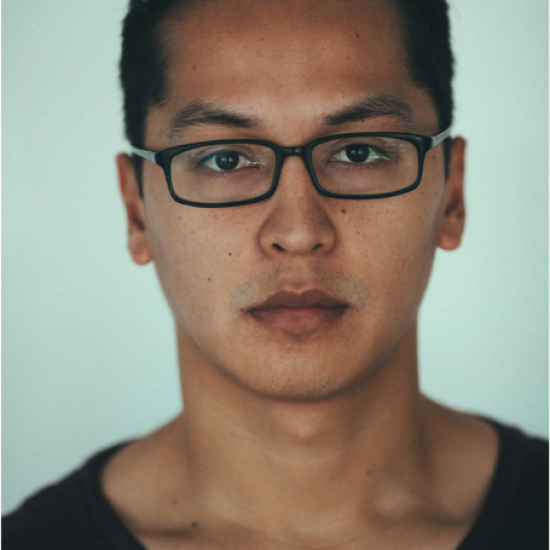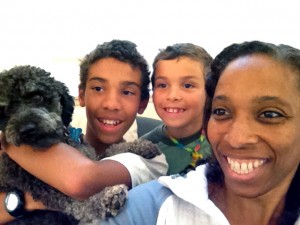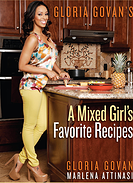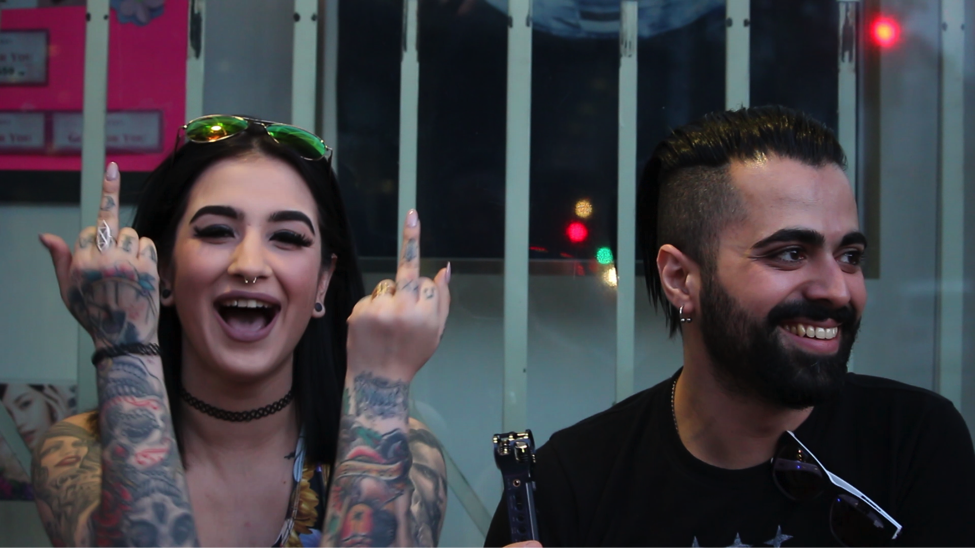
So I’ve been working on my documentary, Mixed Up, a little bit over a year. The film is centered on parenting someone of a different race. We’ve conducted over 70 interviews with interracial couples and their bi/multiracial children, as well as interracial families brought together by adoption, to ask about their understanding of their racial identity. Over the course of this year, I’ve become extremely interested in racial identity as a whole. Who are you? How do other people see you? Are the two related?
Every now and again I like to take my camera and rome the streets of Los Angeles to explore people’s experience in relation to identity and race. On this particular trip, I had a chance to talk to two Canadians visiting L.A., Silver Lucia (right) and Jay Changizi (left). They speak on remaining culturally connected and not allowing themselves to be defined by mainstream stereotypes.
Q: How do you feel you’re portrayed in the media?
JC: I hate how people talk about Muslims. I mean we are such an easy scapegoat everytime something happens. I remember when 9/11 happened I was in college and first I freaked out because, even though we are in Canada we all feel like we are on one soil. My second fear was they are going to stick this on us and I knew right away that my life as a Middle Eastern would never be the same .
SL: When you meet people and you tell them your Persian they are like ‘people are crazy over there.’ That’s always the only thing people say. People are not crazy they just put everyone in the same boat. It’s who is on top. It’s the government. It’s the dictator. It’s not us and people just don’t see the difference.
JC: You’re taking the most impoverished area and saying that is what represents the entire country. Imagine taking the most impoverished backwoods hillbilly Americans and saying ‘this is what represents all of the U.S. so don’t go there or don’t deal with them.’
Q: Do you feel the pressure to assimilate?
SL: I’m so proud to tell people I am Iranian, I am Persian and people like it. Most of the time it’s like omgosh your Persian and it’s only stupid people who are like ‘aww your Arabic well you guys are all the same to me.’ I will never lie about who I am to different people ever.
JG: I think there’s different experiences because living through 9/11 as an adult and trying to travel and trying to get around, I felt that there was pressure to make a little bit of a concession on who I was at times. Before coming here, one of the first things my mother told me is “shave your beard. Don’t try to pass the border with a beard. Don’t say anything. Don’t get in anyone’s way.” There is always this idea of we will be the first to be pegged or pulled to the side and put into some kind of trouble.
SL: I’m never gonna change for anyone and I’m never going to lie for anyone. I feel like I integrate well. I’m not causing trouble to anyone. I’m really open minded. I don’t think I’m doing anything wrong. So if people want to judge me because I am Persian that’s their issue not mine.
JG: I think they judge you because you have tattoos.
Q: Do you think there’s a cultural generational gap between younger Persians, growing up in America and those who have immigrated here at an older age?
JG: I think it’s really funny because I have a younger cousin about 10 or 12 years younger than me and he speaks better farcy than I do and listens to Persian music. Where as me growing up, we were first generation immigrants and I tried to assimilate as much as possible. My cousin, being born here, he’s like I am Canadian so the prime objective is to become Persian.
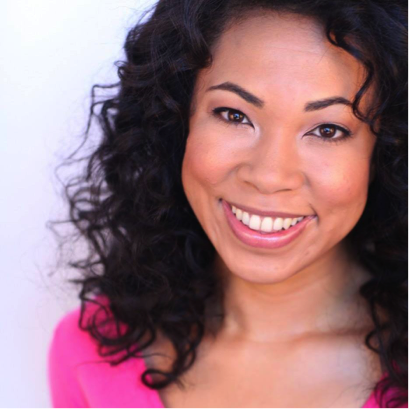
Rose Espiritu is a Nigerian and Filipino filmmaker from Louisiana. She has always had an interest in identity development in relation to race. In 2013, she began filming Mixed Up: The Documentary. The film is an interactive investigation into the parental influence of racial identity development in children of interracial families. Rose has conducted over 70 interviews with interracial couples and their bi/multiracial children, as well as interracial families brought together by adoption, to ask about their understanding of their racial identity. Rose also founded the company Culture Chest, which is a subscription service that carefully curates divers books for children ages 3-8. Find us at @CultureChest! You can follow her on Twitter or Instagram @roseespiritu_
Mixed Up: The Documentary is an interactive investigation into the parental influence of racial identity development in children of interracial families. Follow us to keep up with our progress FB: Mixed Up Documentary @mixedupdocu

